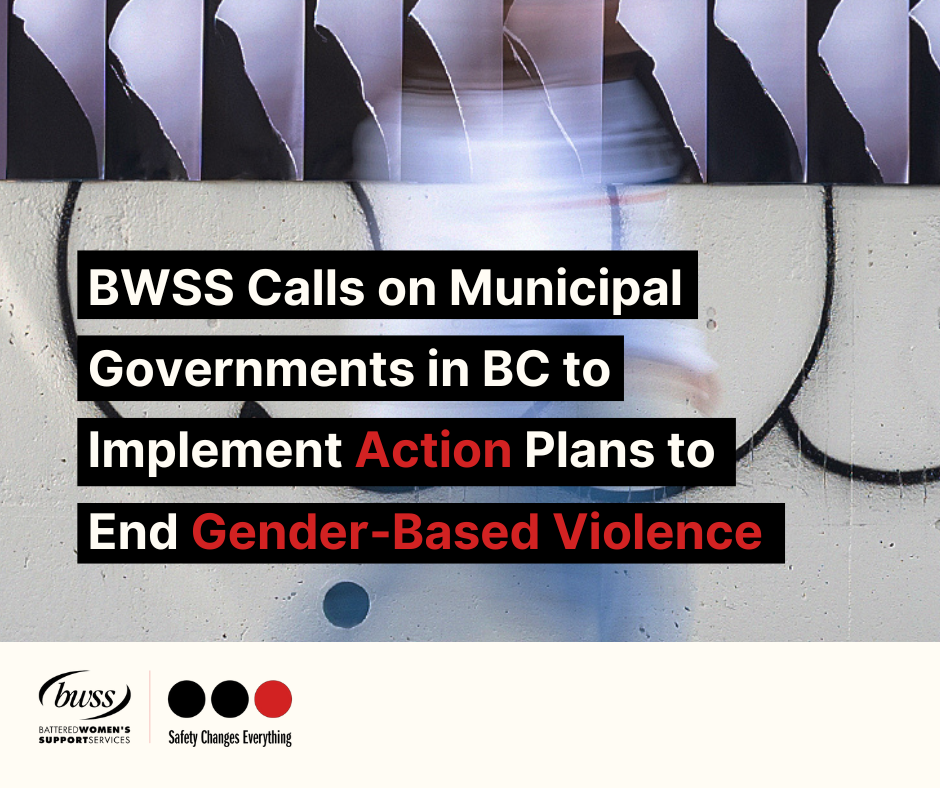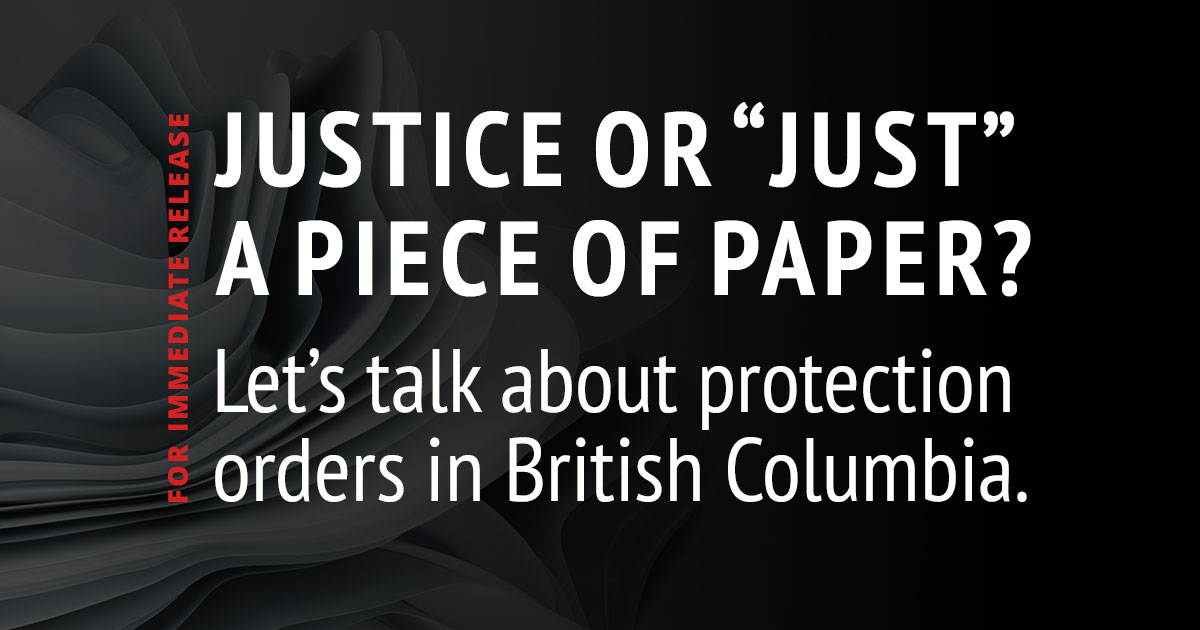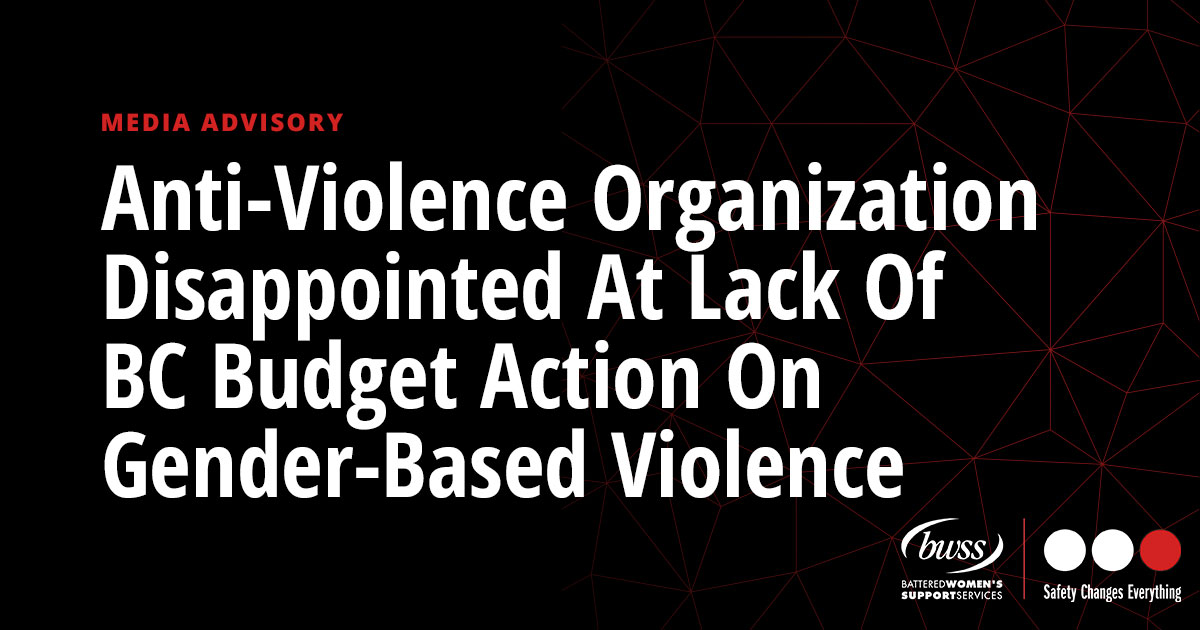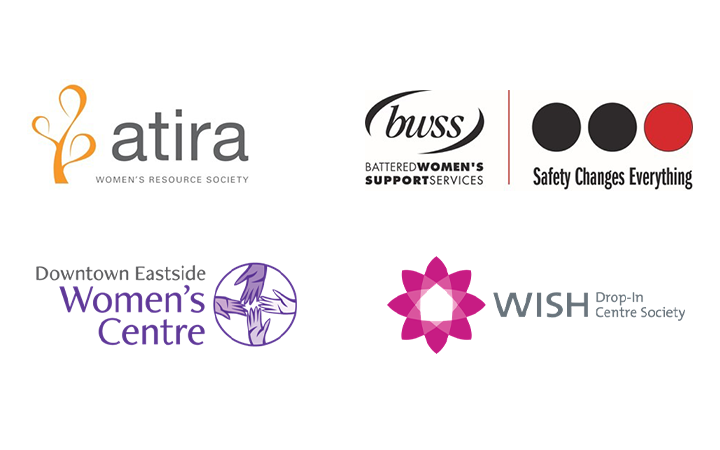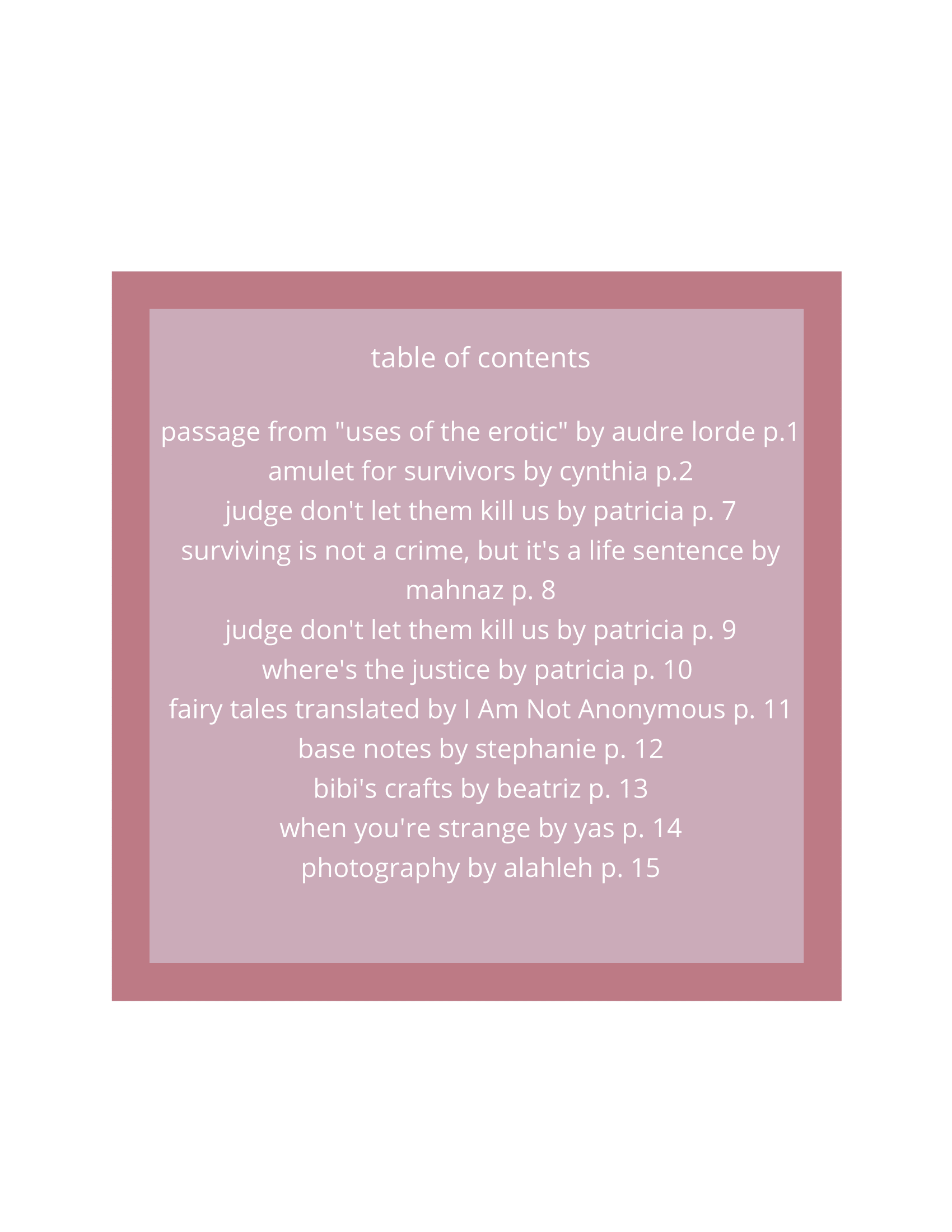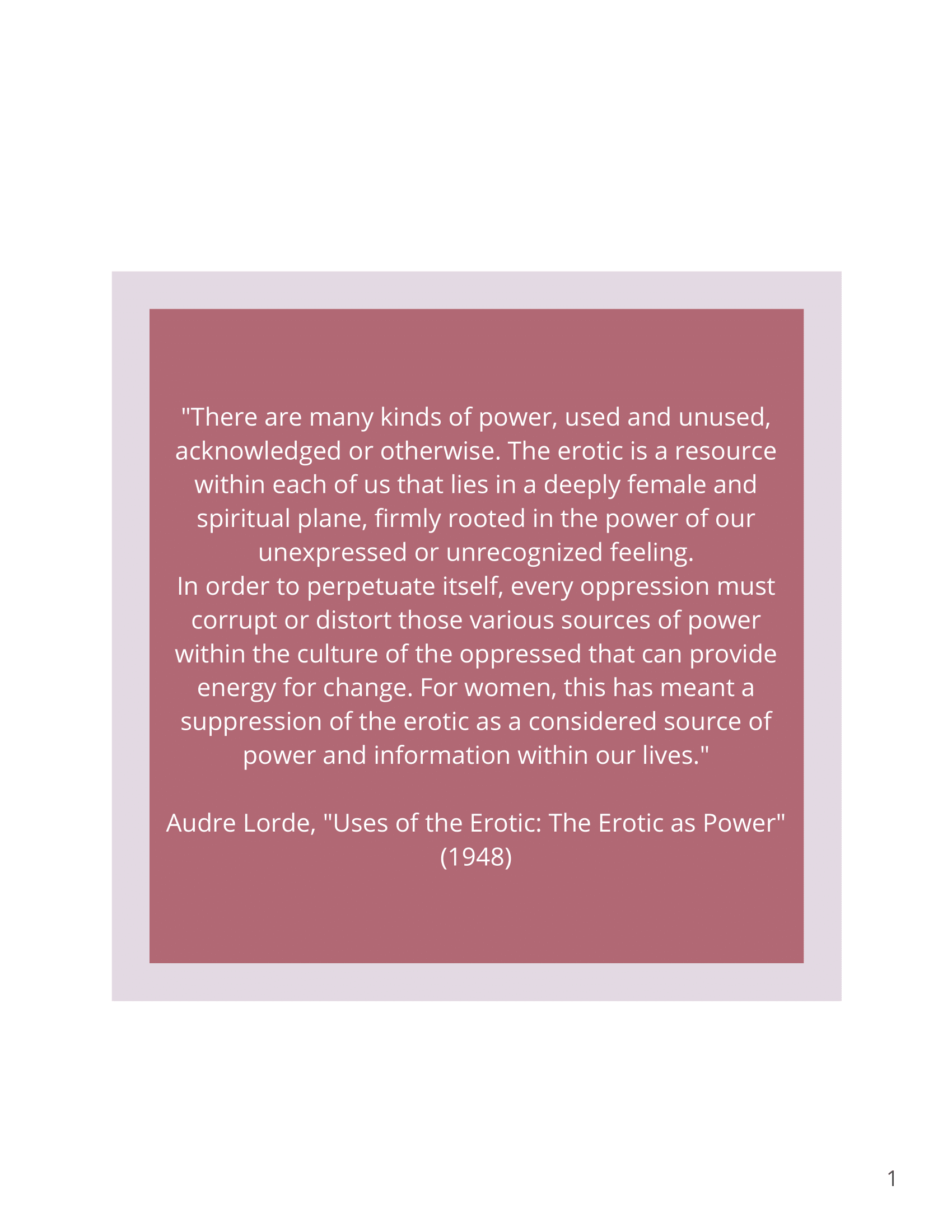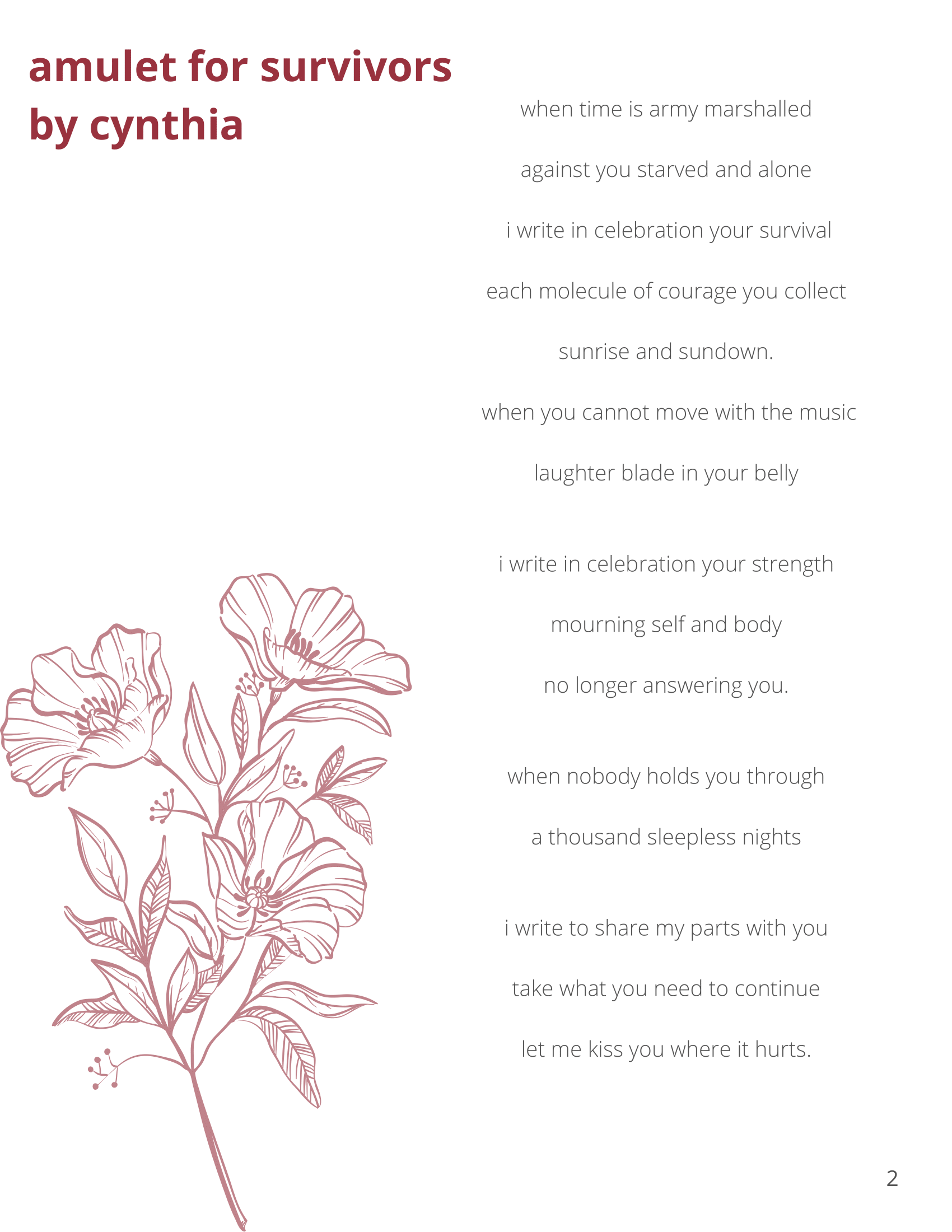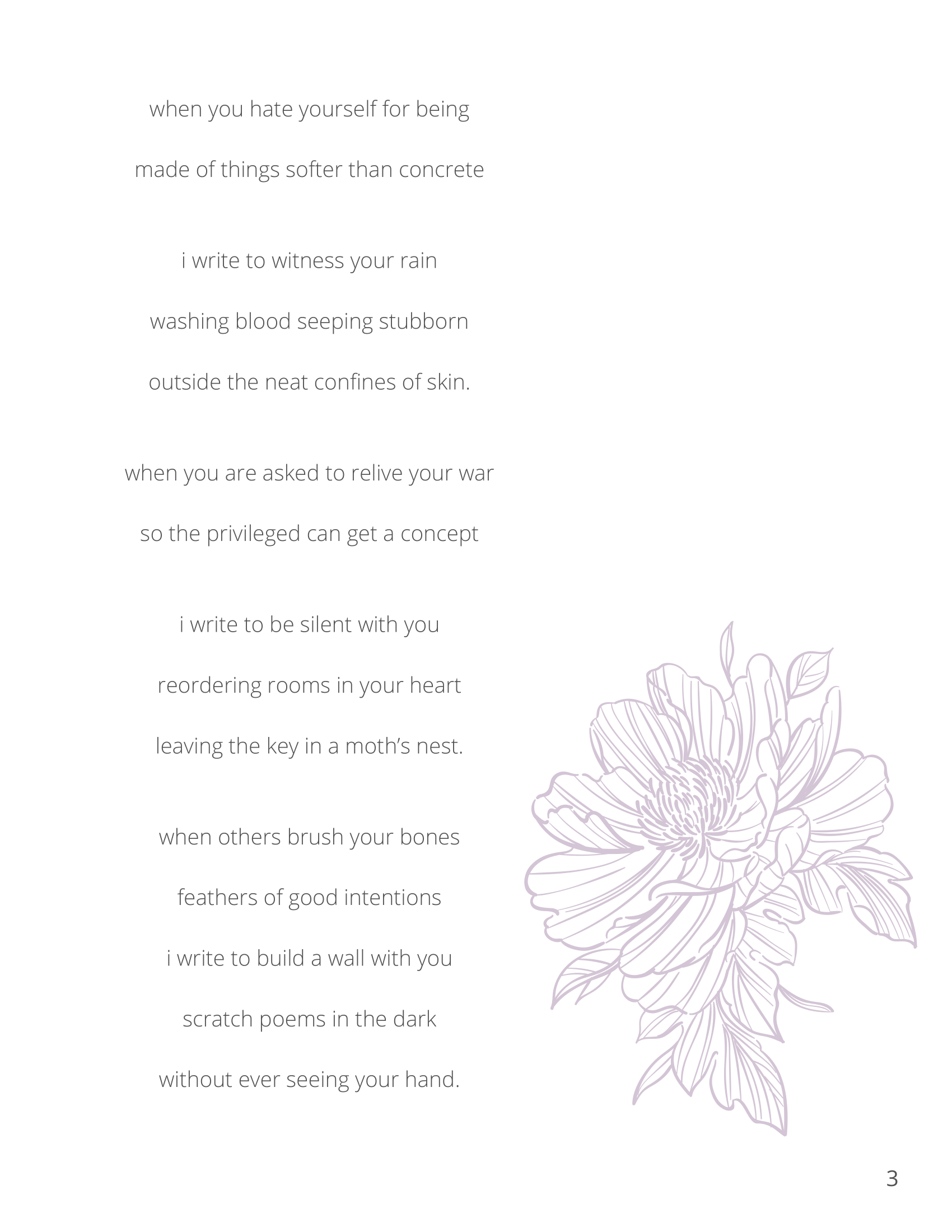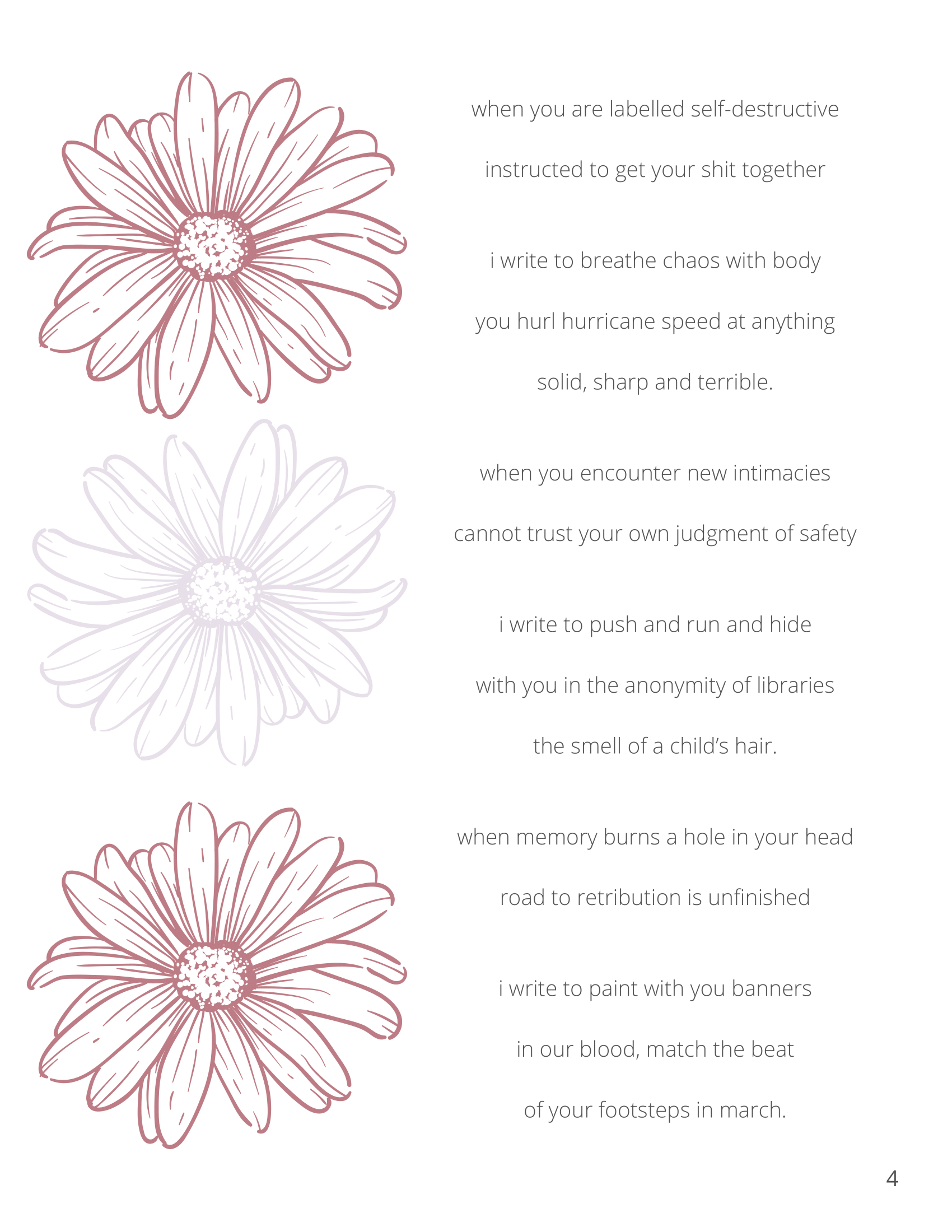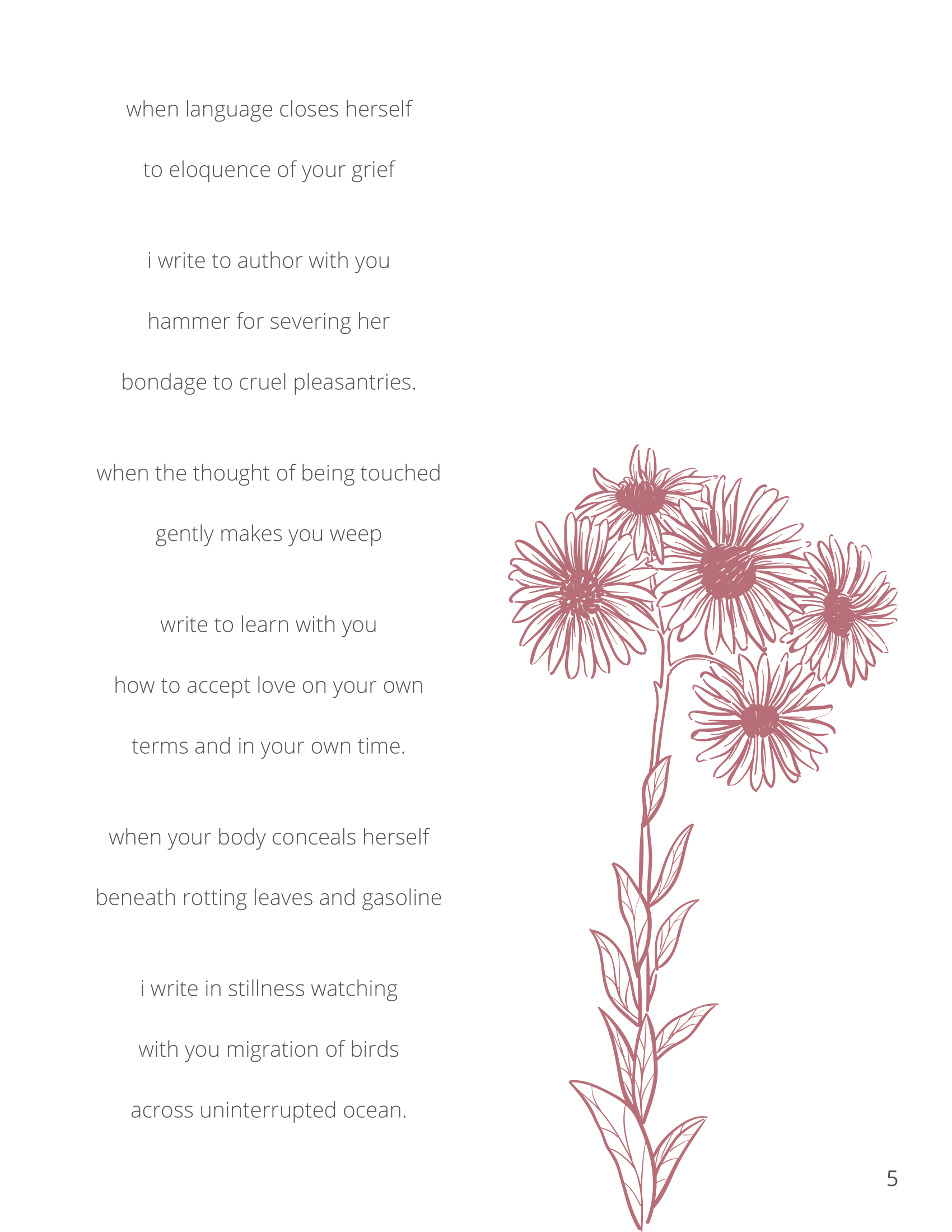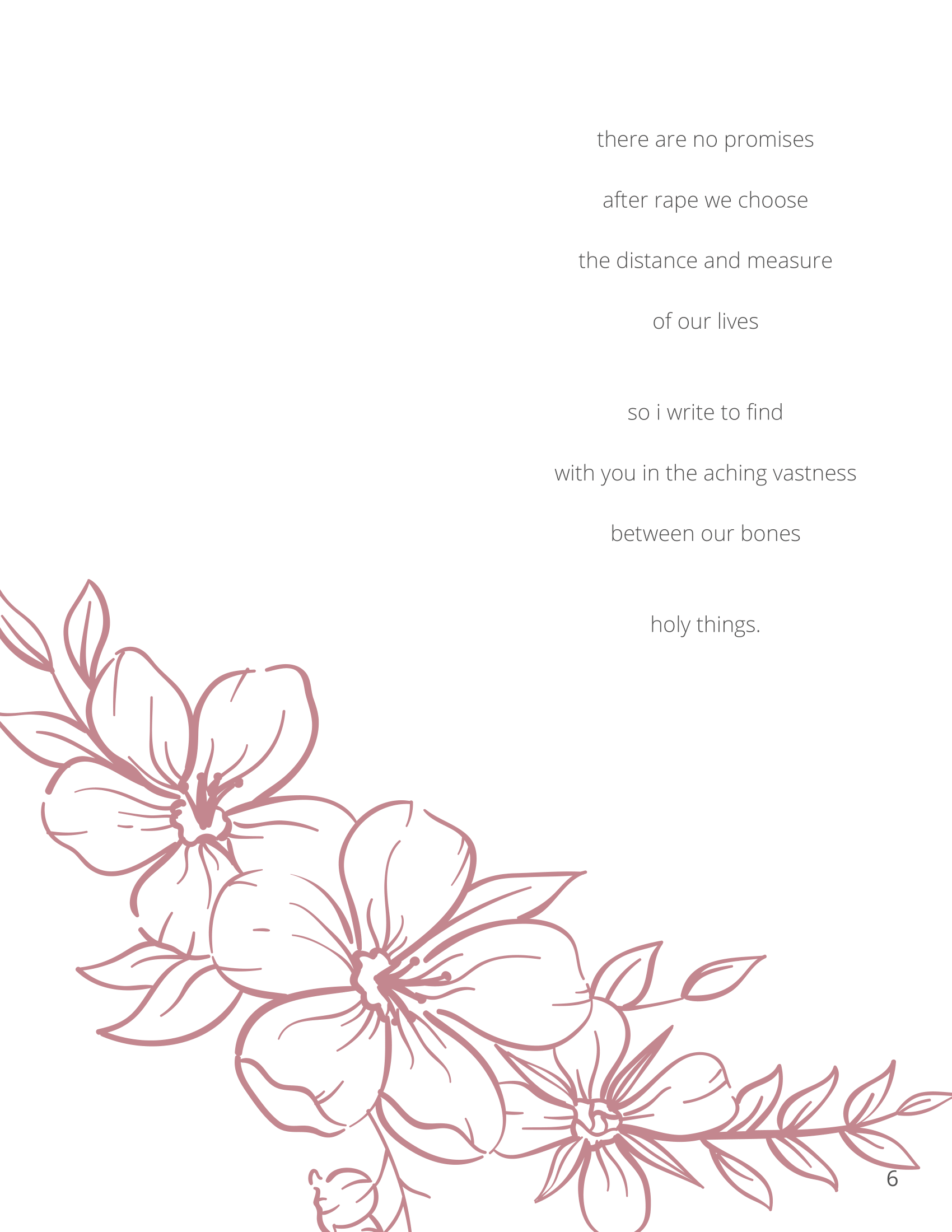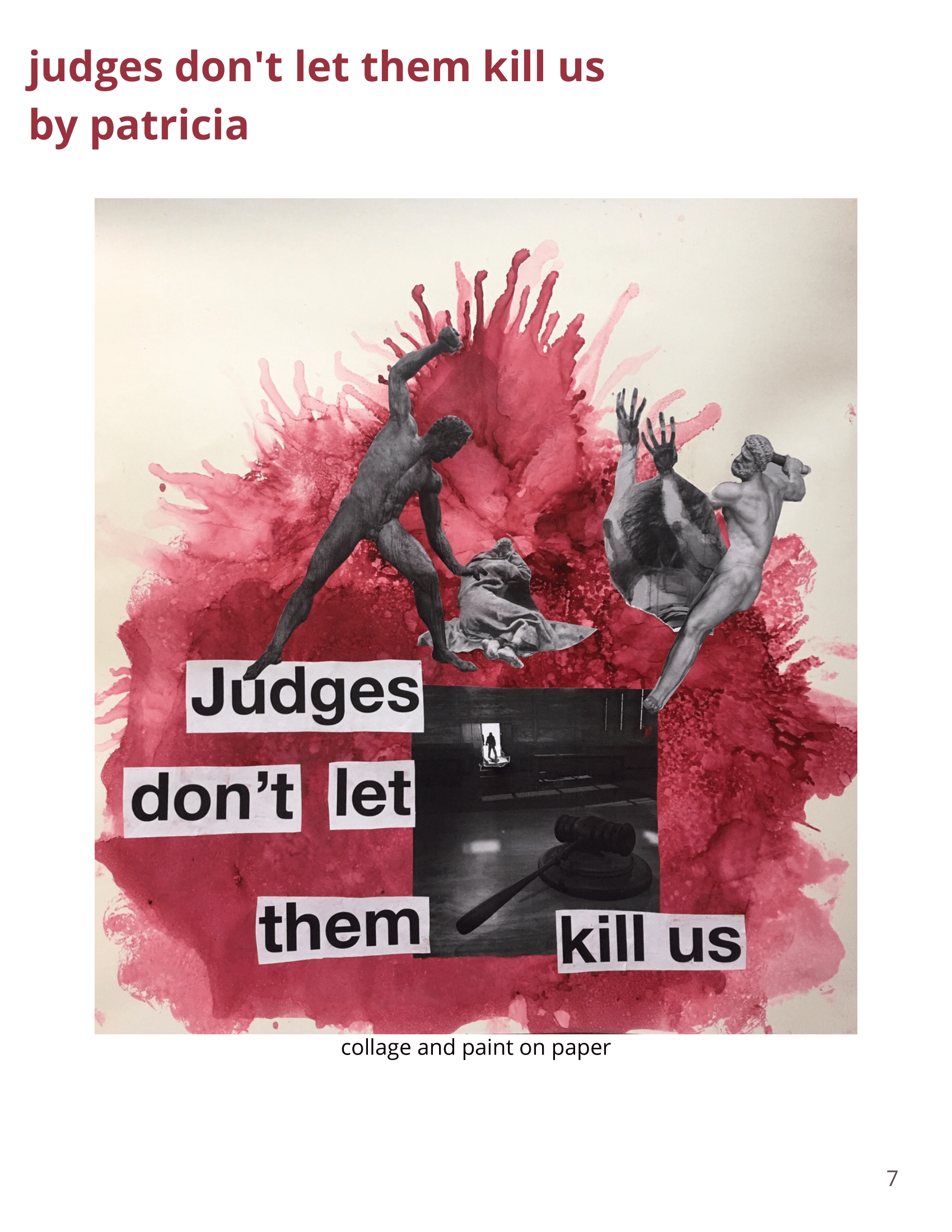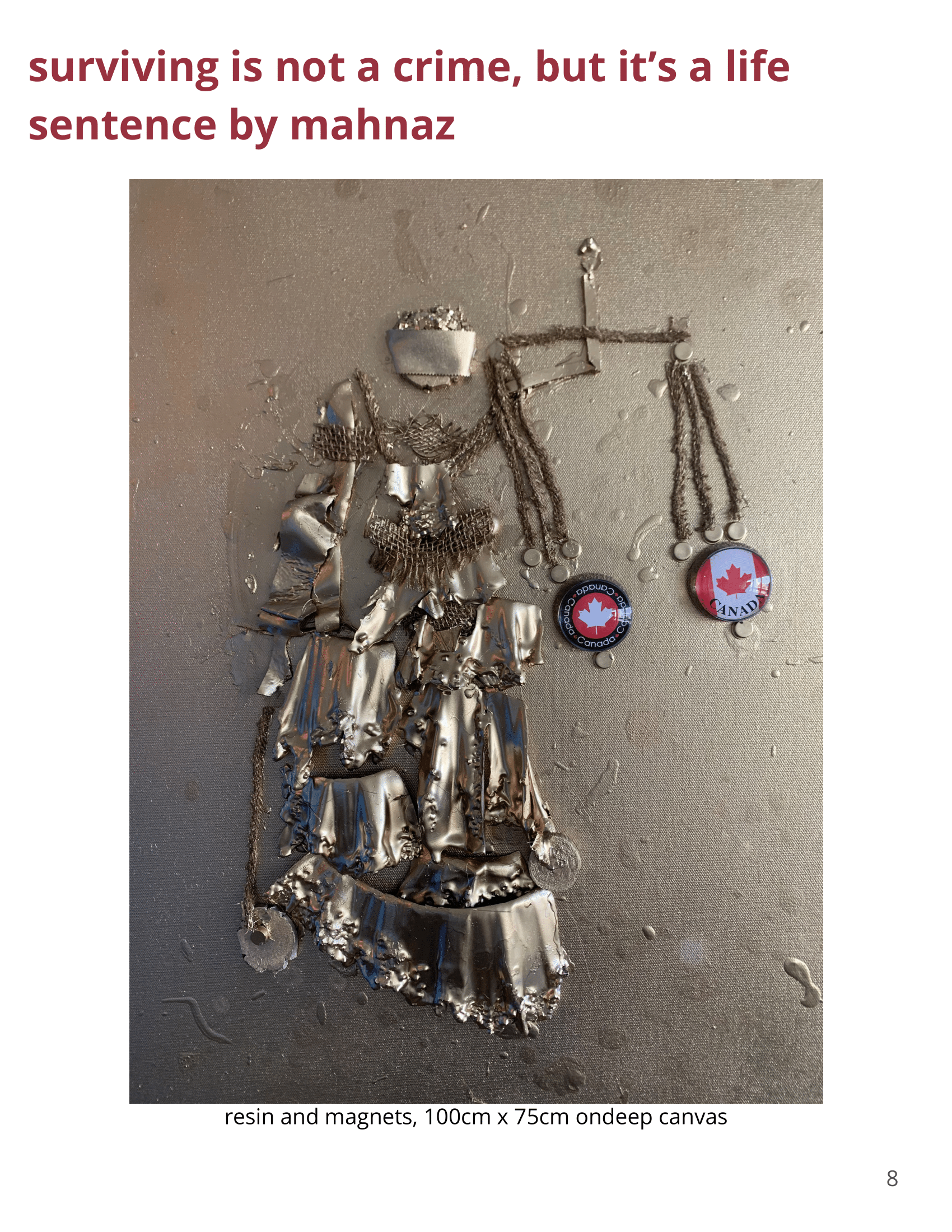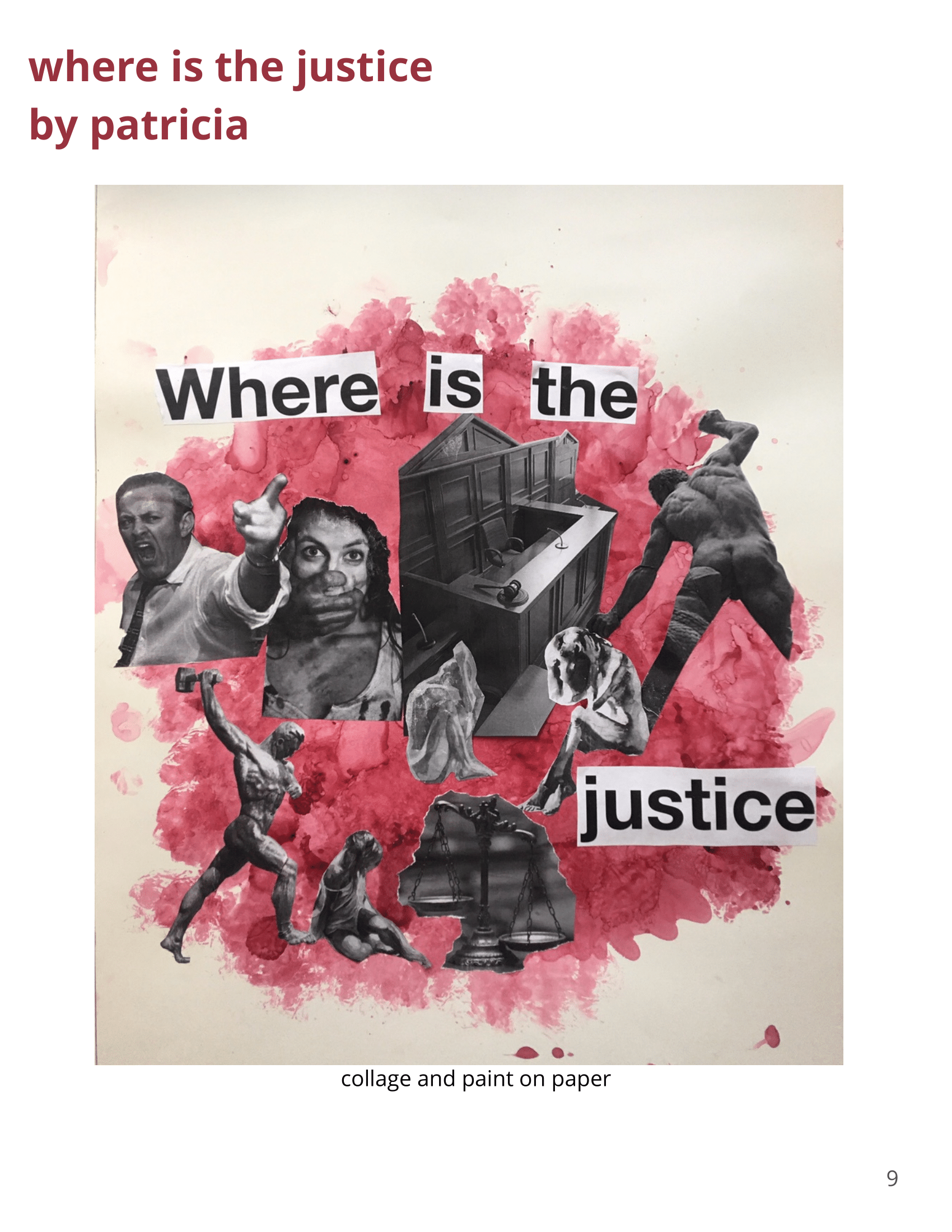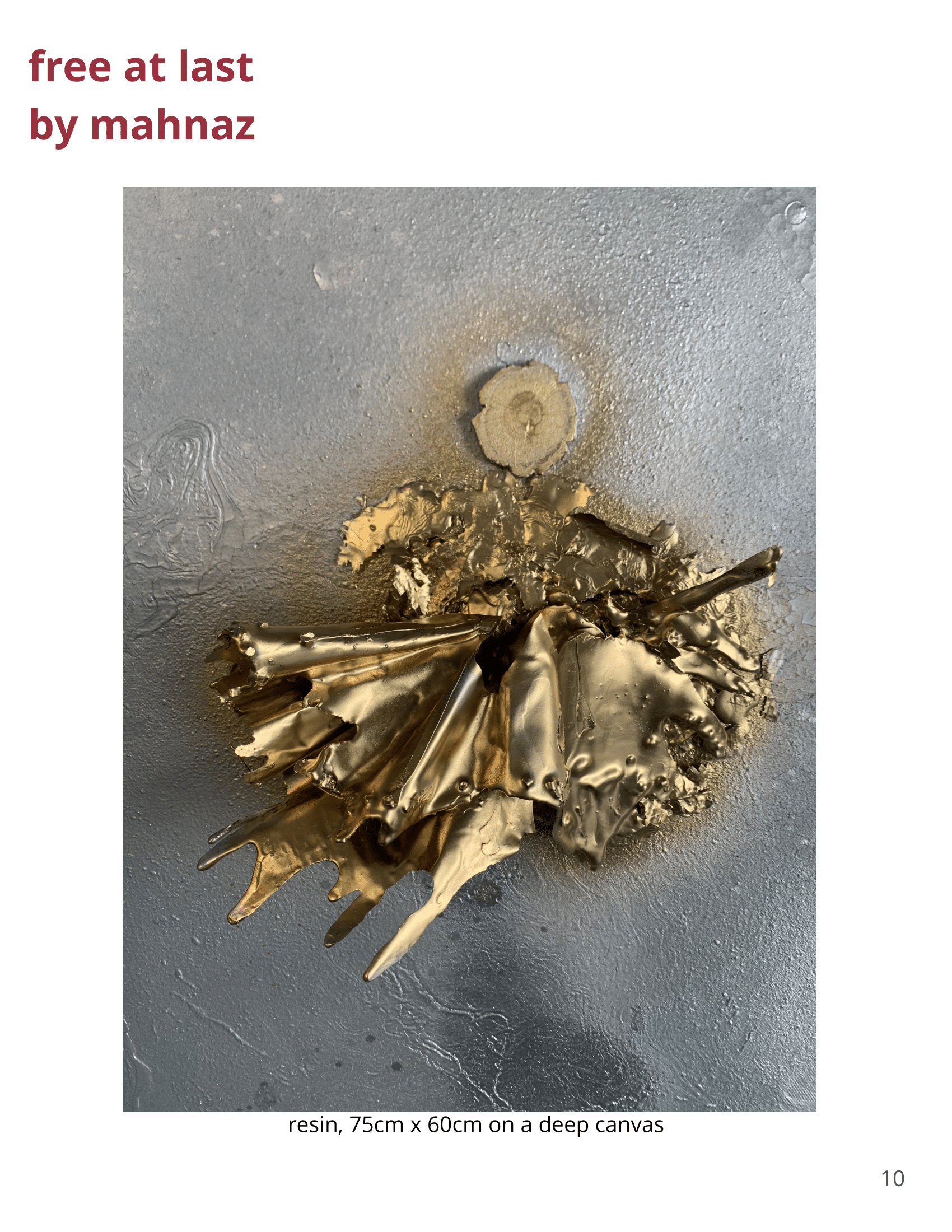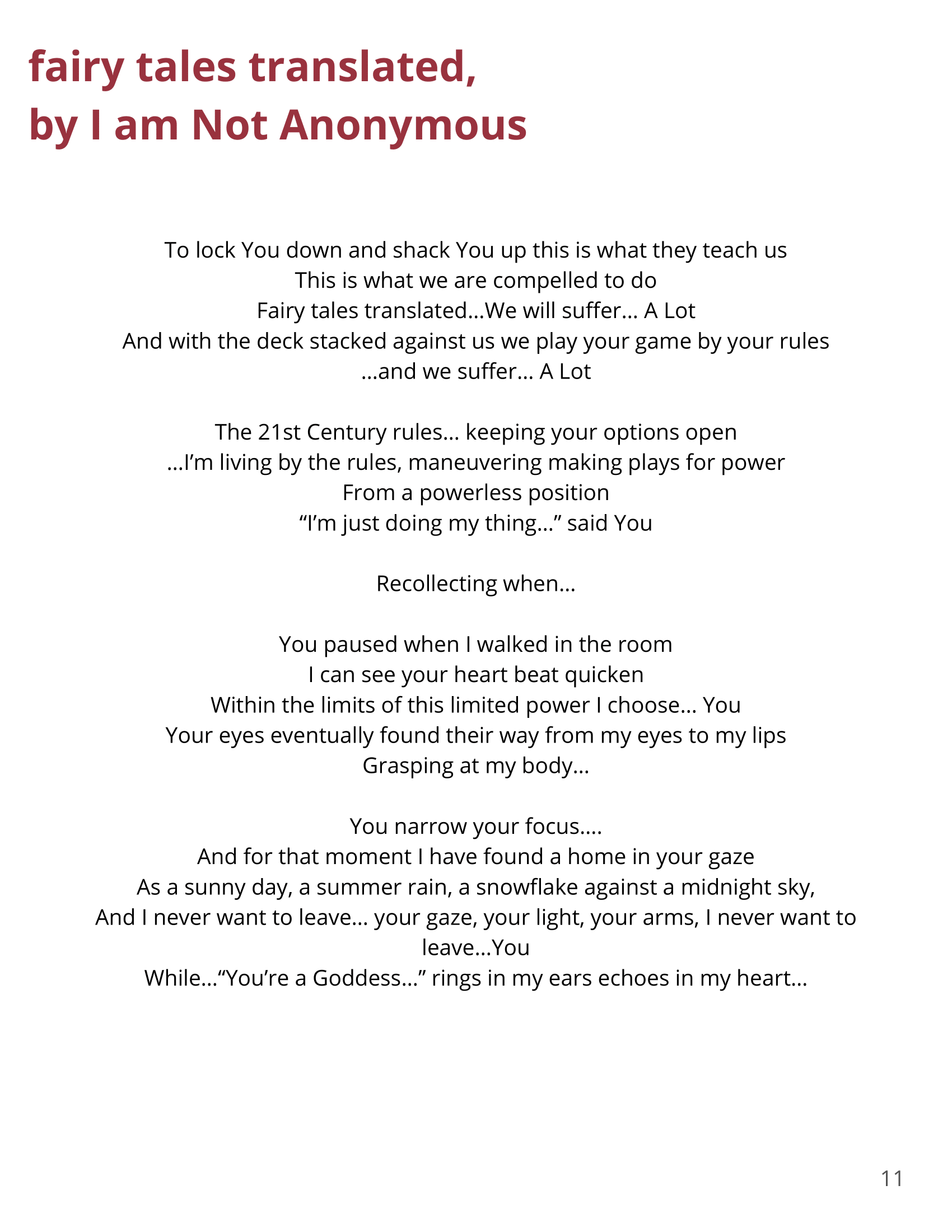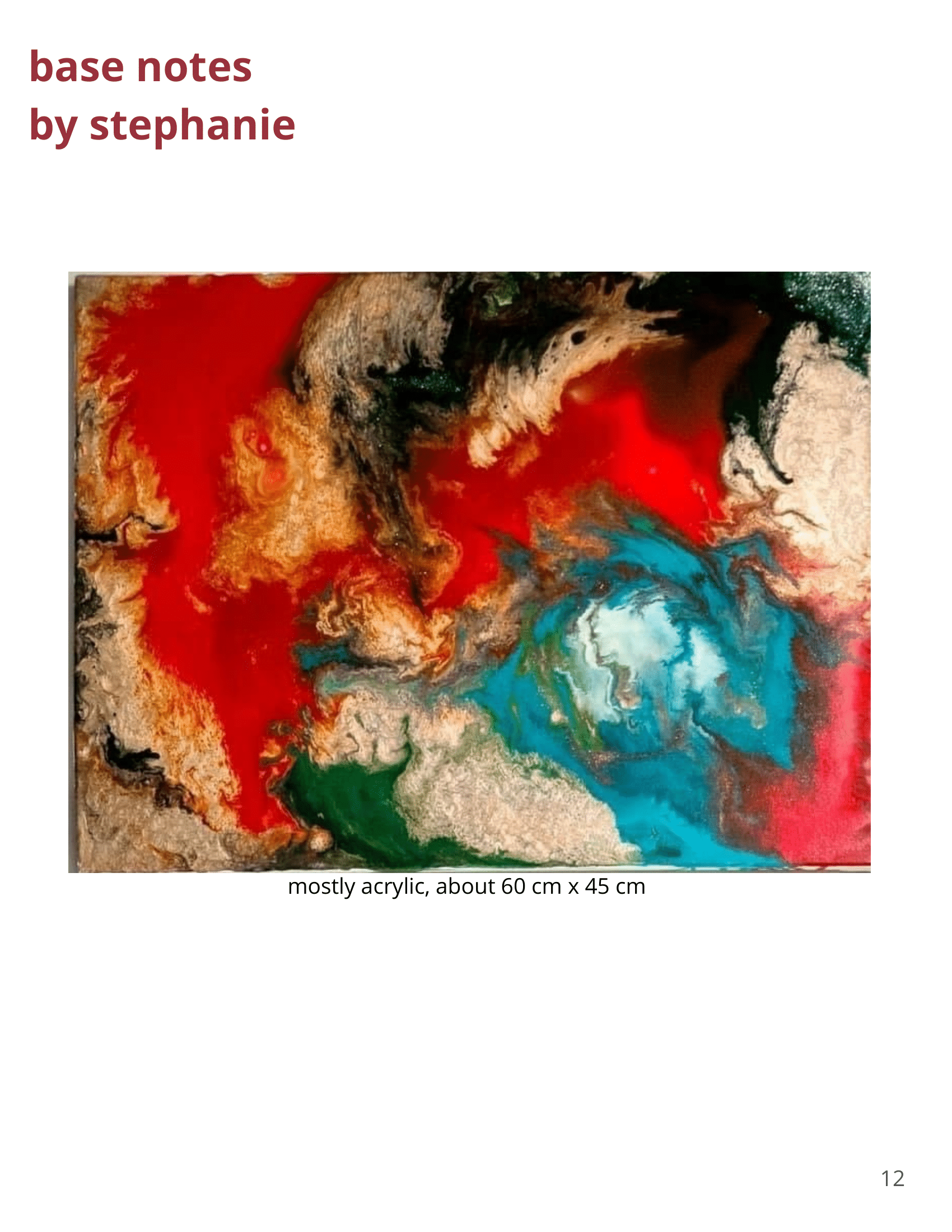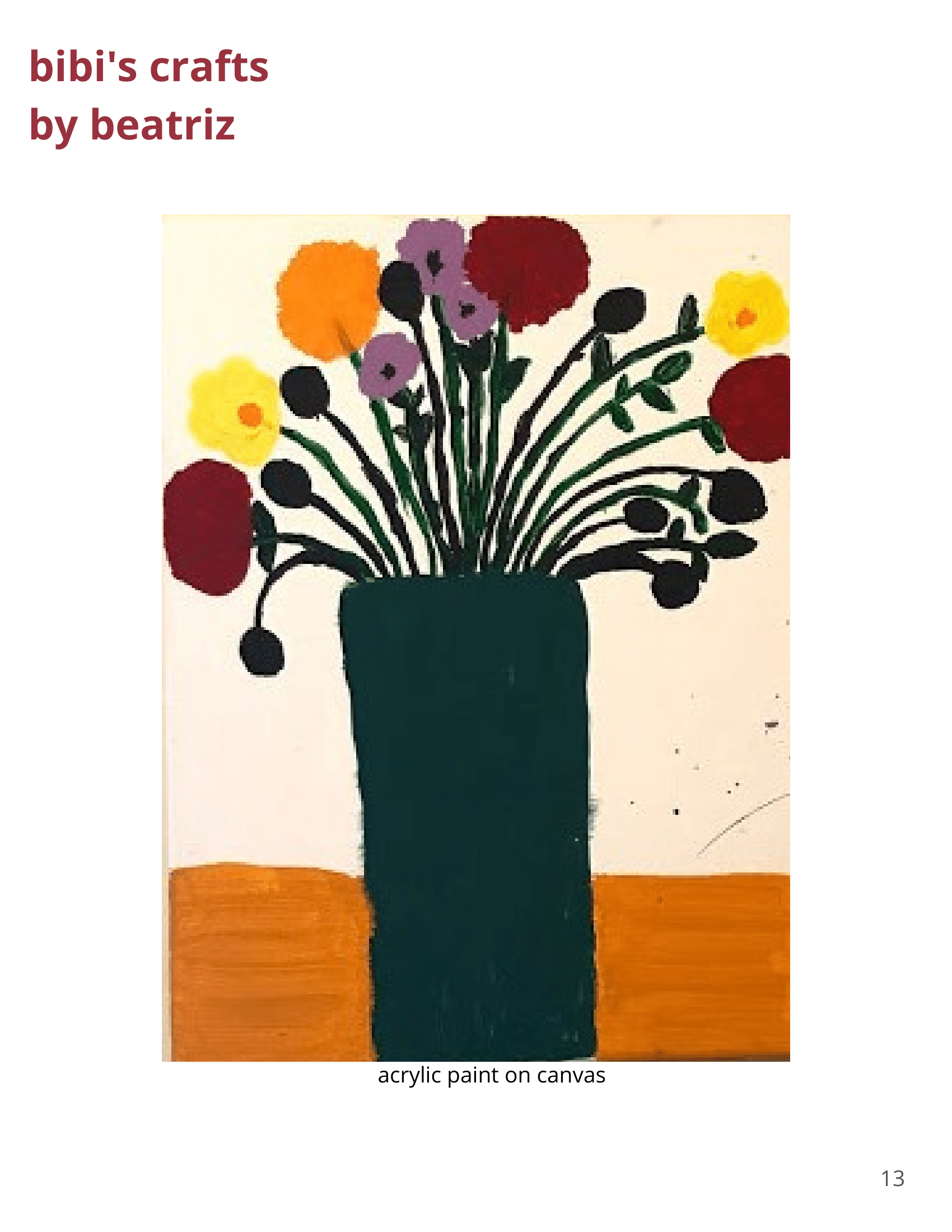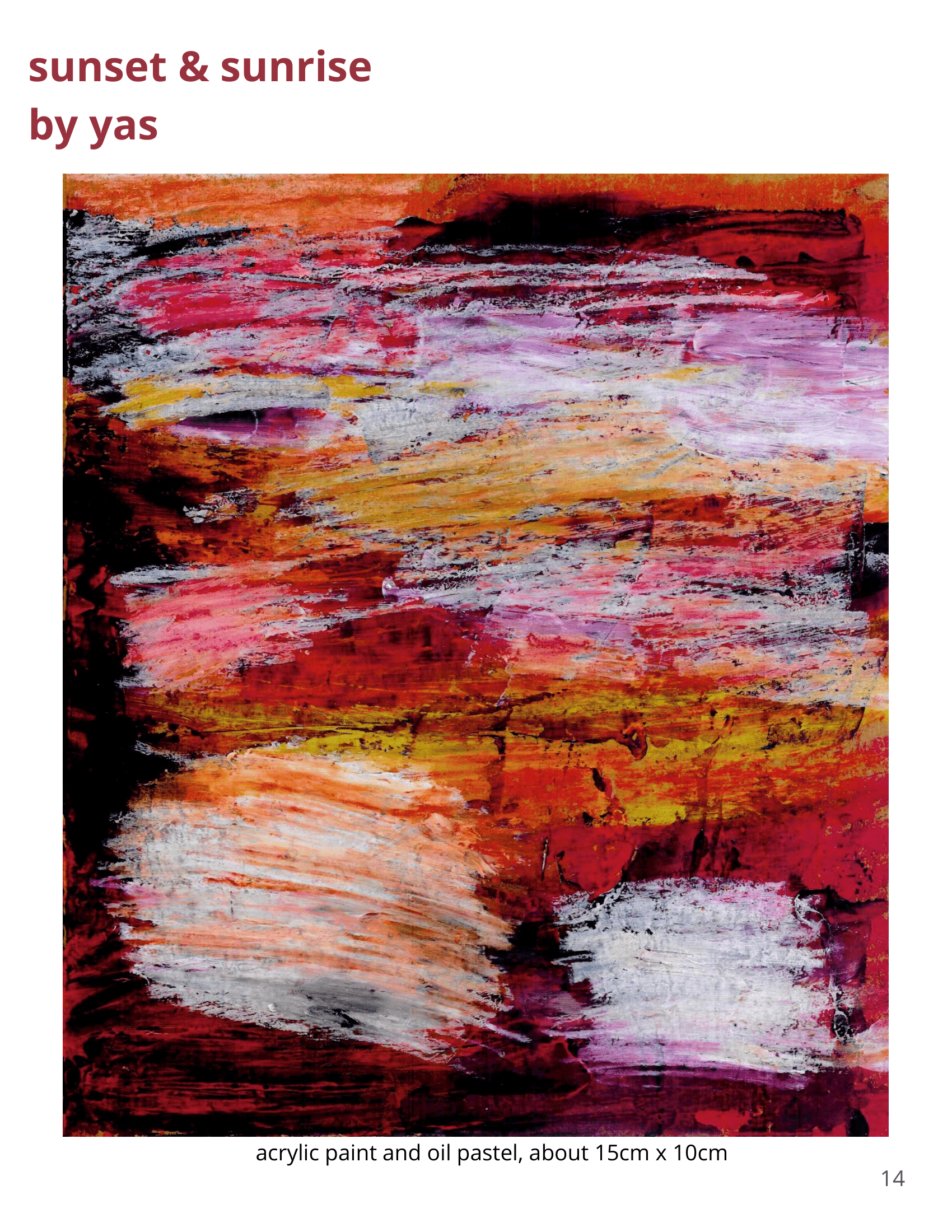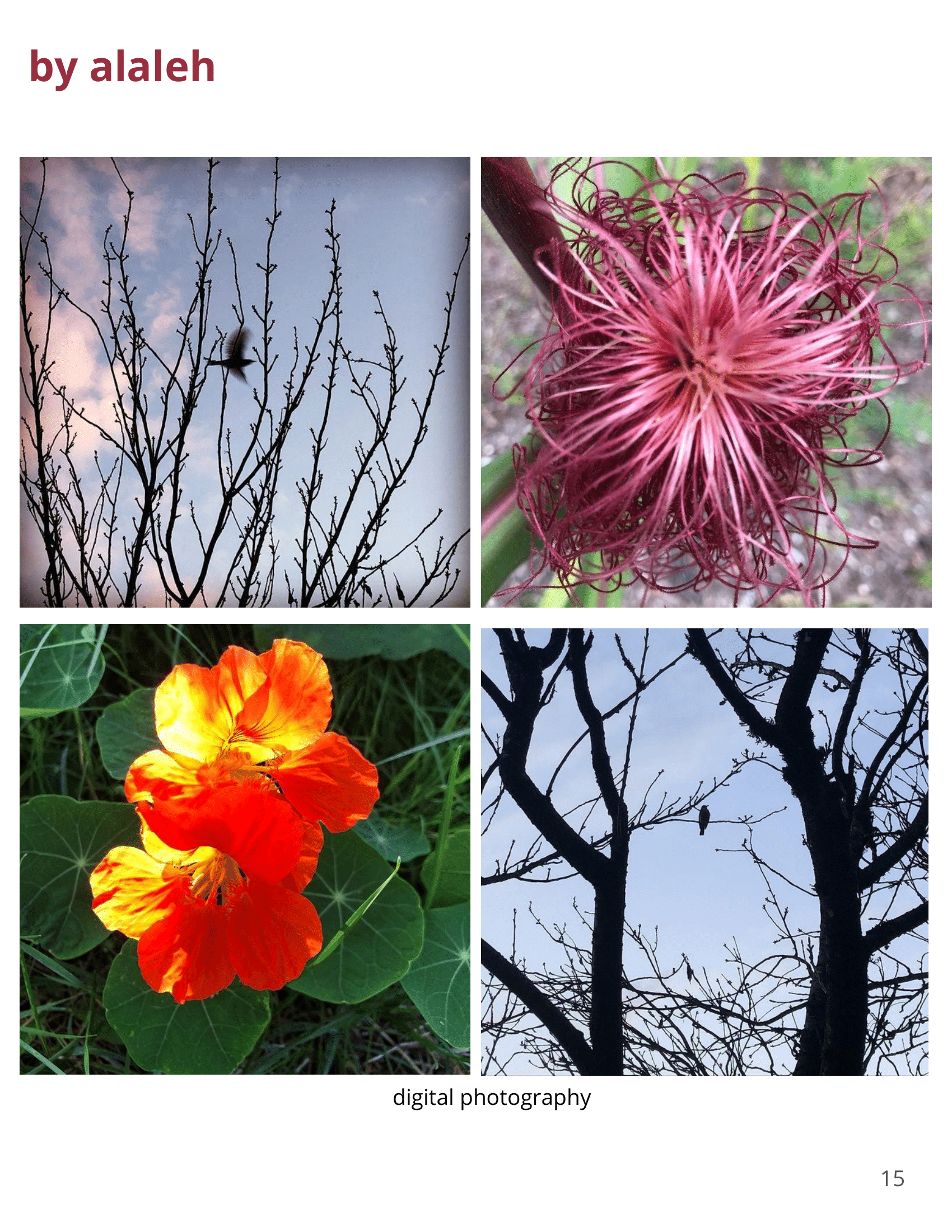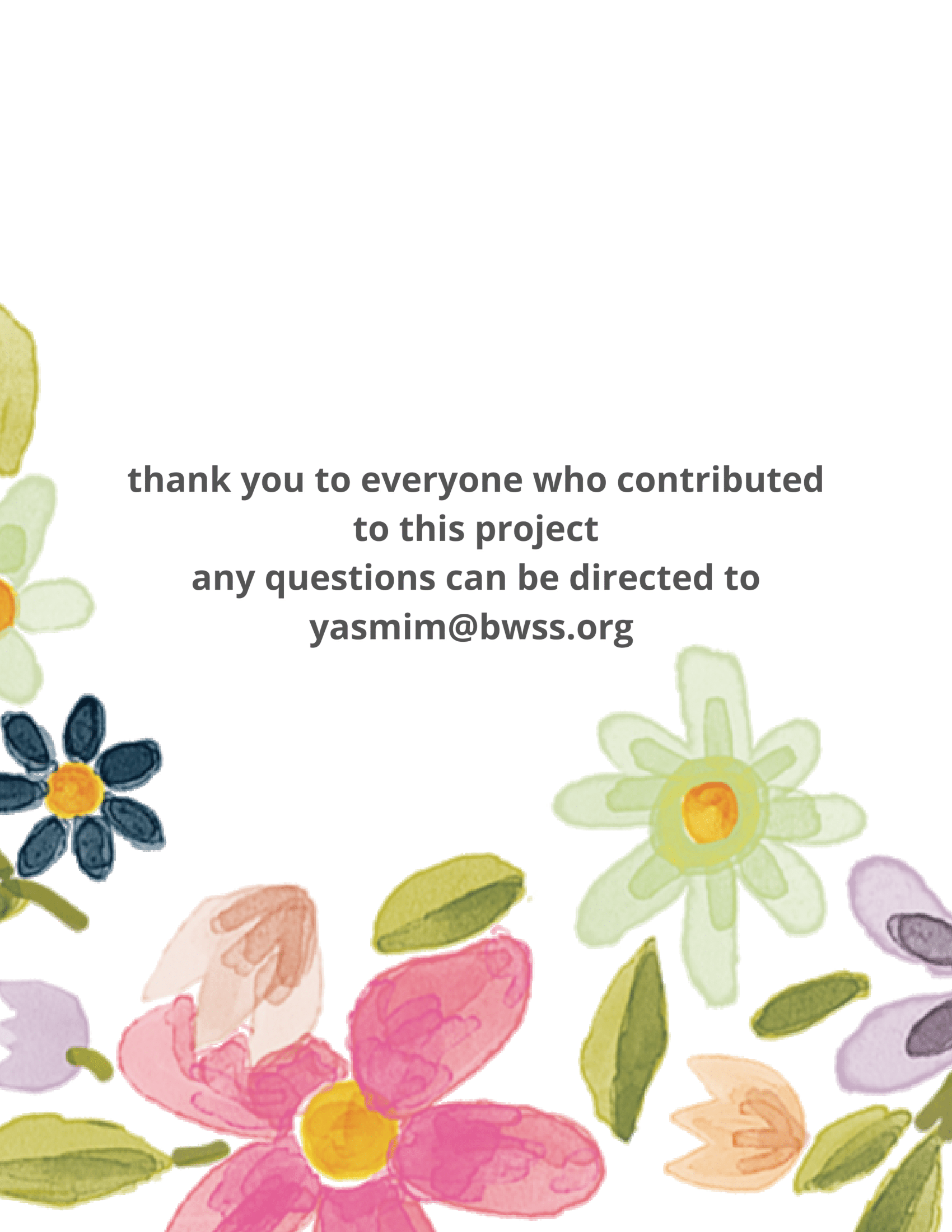Anti-violence Organization Calls on Municipal Governments in BC to Implement Action Plans to End Gender-Based Violence
Monday July 31, 2023 – (xʷməθkʷəy̓əm (Musqueam), Sḵwx̱wú7mesh (Squamish) and səlilwətaɬ (Tsleil Waututh)/Vancouver, B.C)
FOR IMMEDIATE RELEASE
Battered Women’s Support Services, a BC-based anti-violence organization providing frontline advocacy and support services to assist survivors of gender-based violence, is calling on municipal governments across the province to immediately develop municipal action plans to end all gender-based violence.
According to Angela Marie MacDougall, Executive Director of Battered Women’s Support Services: “We are seriously concerned that no local government in B.C has developed or implemented a concerted plan to end gender-based violence. Gender-based violence is a shadow pandemic around the world, and cities across Canada like Toronto and Ottawa have recently made important declarations about the epidemic of gender-based violence. We need local governments in B.C to treat gender-based violence as the crisis that it is, and implement municipal action plans commensurate to the scale and urgency of this issue.”
In 2022, 184 women and girls in Canada were violently killed due to their gender – an average of at least one person every two days.
This represents an alarming 27 percent increase when compared to 2019. For five consecutive years, rates of reported family violence and intimate partner violence have also been increasing. Last year, federal, provincial, and territorial governments endorsed a 10-year National Action Plan to End Gender-Based Violence.
“Gender-based violence is an absolute state of emergency in every community in this province, and local governments have an important role to play. Every local government should implement a whole-of-government, multi-stakeholder, and intersectional plan to end all gender-based violence and to ensure adequate housing, transition services, and wrap around supports for women, gender-diverse people, youth, and children fleeing violence,” further states MacDougall.
Urging municipal governments to “take immediate action on a municipal plan to end gender-based violence” because “the lives of many in your region depend on it,”
BWSS is writing over 65 municipal governments across the province. This includes the Mayor and Councillors of Abbotsford, Bowen Island, Burnaby, Campbell River, Central Saanich, Coquitlam, Courtenay, Fort St John, Hope, Kamloops, Kelowna, Maple Ridge, Merritt, Nanaimo, Penticton, Prince George, Prince Rupert, Smithers, Surrey, Vancouver, Vernon, and Victoria.
MEDIA CONTACTS:
Angela Marie MacDougall, Battered Women’s Support Services: 604-608-0507

